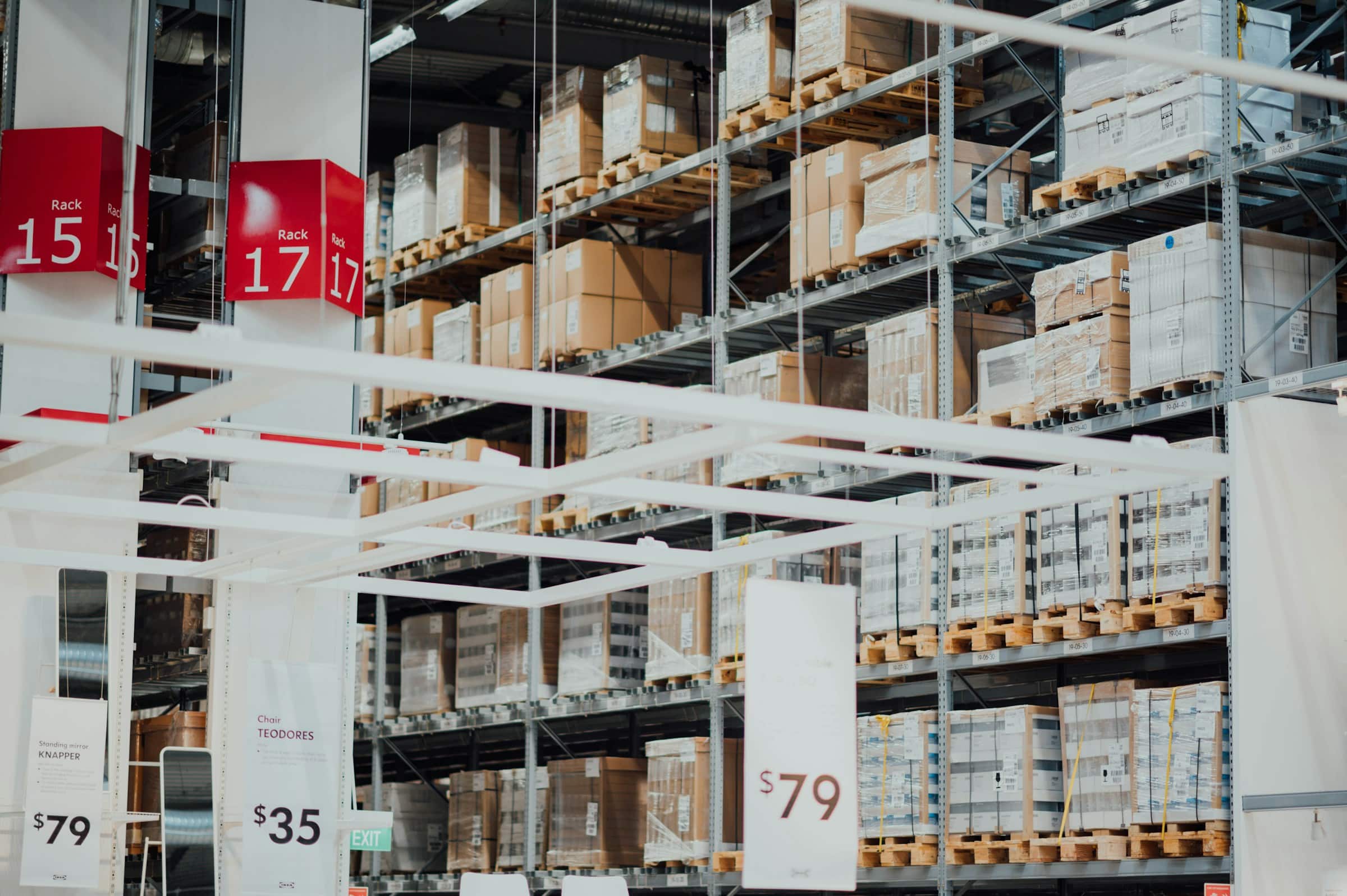How should a UK logistics company prepare for international expansion?

International expansion is a thrilling prospect for any company. It’s an opportunity to expose your brand to new customers, tap into fresh markets, and diversify your operations. However, the journey from local to global can be fraught with challenges, especially for logistics companies. From understanding foreign regulations to tweaking your supply chain, there are multiple factors to consider. This article will delve into the nitty-gritty of preparing for international expansion and provide you with a comprehensive guide.
Understanding the Global Market Landscape
Before plunging into any foreign market, it's crucial to have a clear grasp of its landscape. The international market is a kaleidoscope of cultures, economic systems, and regulations. What works in the UK might not necessarily translate to success in another country. Therefore, conducting thorough market research should be your first step.
A découvrir également : How personal branding workshops elevate your career
Start by identifying potential markets for expansion. Examine their economic stability, market size, and growth rates. Understand the competitive environment. Are there already established players in your sector? If so, what could your company offer that's unique or superior?
Your market research should also encompass customer preferences. This will help refine your product offerings to suit the local palate. Remember, at the heart of every successful international business strategy, there’s a deep understanding of the customer. By knowing your customers well, your company will be better positioned to meet their needs and expectations.
Sujet a lire : What are the steps to ensure a UK-based natural cosmetics company complies with EU biodegradable packaging regulations?
Developing a Robust Expansion Strategy
Having a well-thought-out strategy is key to successful international expansion. This strategy should outline how your company plans to enter new markets, manage operations, and generate profits.
There are several strategies for international business expansion. These include franchising, partnering with local companies, setting up a wholly-owned subsidiary, among others. The choice of strategy will depend on factors such as the market's regulatory environment, your company's financial capability, and risk appetite.
Your expansion strategy should also detail how you plan to handle logistics. This includes how goods will be transported, stored, and delivered in the new market. You may need to tweak your current logistics operations to cater to different infrastructure, regulations, and customer expectations in the foreign market. Flexibility is crucial here.
Navigating Regulatory and Compliance Issues
Another critical aspect of international expansion is understanding and complying with local laws and regulations. Failure to do so could lead to legal problems, fines, and damage to your brand's reputation.
Your company needs to be aware of import and export regulations, customs procedures, and tax obligations in the new market. You also need to understand laws relating to employment, safety, and environmental standards. It's advisable to engage legal and tax professionals to ensure your operations are compliant.
Furthermore, compliance is not a one-time task. Laws change, and keeping up with these changes is essential to maintaining your operations and avoiding regulatory pitfalls.
Building an International Supply Chain
In the world of logistics, your supply chain is your backbone. Building a robust and efficient international supply chain is paramount to your success abroad.
Your supply chain management needs to encompass sourcing, manufacturing, inventory management, and transportation. These processes may need to be adapted to fit the local context. For instance, you may need to source materials locally or use different transportation methods.
Moreover, building strong relationships with local suppliers and partners can help streamline your supply chain. These relationships can aid in overcoming cultural and language barriers, as well as ensure the smooth operation of your logistics.
Cultivating a Global Brand Identity
Your brand is your promise to your customer. As such, cultivating a strong global brand identity is crucial in international markets.
Your brand needs to reflect your values and resonate with your foreign customers. This might mean adapting your branding to be culturally sensitive while still maintaining your core identity. For instance, you might need to translate your marketing materials or modify your product packaging.
Digital marketing can be a powerful tool in building your brand abroad. A well-designed website, engaging social media channels, and targeted online advertising can all help to establish your brand in the eyes of your foreign customers.
Harnessing Technology for Efficient Operations
In the digital age, technology plays a pivotal role in streamlining operations and creating efficiencies. This is particularly true for a logistics company eyeing international expansion. From managing supply chains to enhancing customer service, the right technological integration can make a significant impact.
Transforming your logistics operation for global expansion requires the use of advanced technology systems. For instance, a robust Enterprise Resource Planning (ERP) system can integrate all your business functions, from procurement to sales, into a single platform. This will help in managing multiple operations simultaneously, providing real-time data and insights, thereby enabling data-driven decision-making.
Adapting technology like Artificial Intelligence (AI) in logistics can improve efficiency and accuracy. AI can, for instance, aid in predicting demand, optimising routes and managing inventory. Similarly, adopting the Internet of Things (IoT) can help in tracking and managing assets in real-time, ensuring transparency in the supply chain.
Another key area is customer service. Technology can help enhance your customer experience through features like real-time tracking of shipments, providing updates, and managing feedback efficiently. Investing in a Customer Relationship Management (CRM) system can help manage your customer interactions and data effectively.
While integrating technology, it's crucial to remember that any system you choose should be scalable and flexible enough to adapt as your business grows and market dynamics change.
Understanding Cultural Differences and Adapting Accordingly
Succeeding in international business goes beyond understanding the market and regulatory landscape. It's equally important to understand and respect the cultural differences in your target market.
Cultural nuances can affect various aspects of your business – from marketing and branding to customer service and business partnerships. These differences can influence customer behavior, preferences, and expectations. Therefore, having an understanding of these cultural aspects can prove invaluable in shaping your product service and customer interaction strategies.
For instance, in some cultures, building personal relationships is critical before any business transaction. In such cases, your business would need to invest time and effort in cultivating relationships with potential partners, vendors, and customers.
Additionally, it's essential to communicate effectively and appropriately with your international customers, employees, and partners. This might involve hiring local employees who understand the local language and culture, or even offering cultural sensitivity training to your existing staff.
In conclusion, preparing for international expansion is a complex process that involves various elements – from understanding the global market landscape and developing a robust strategy, to navigating regulatory issues and building a global brand identity. However, with careful planning, strategic investments in technology, and a deep understanding of the cultural and business landscape of your target market, your logistics company would be well-positioned for a successful international business journey. Always remember that the key to successful international expansion lies in flexibility, understanding, and adapting to the local context while maintaining your core business values and standards.
